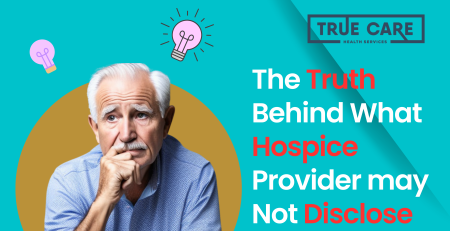So You’ve Been Diagnosed with a Serious Illness…Now What?
Getting a diagnosis of a serious illness can send your thoughts spiraling out of control. It’s easy to feel overwhelmed, afraid and uncertain. When talking with your doctor, it’s also easy to feel speechless, only to have questions rain down after your appointment. No matter what the diagnosis is, it’s important to be as prepared as possible to fully understand what the diagnosis means, what the prognosis is, and what your next steps should be.
To help you, we’ve prepared five questions you should ask your doctor in order to better come to terms with the diagnosis and take steps to fully care for yourself. We recommend bringing a notepad and pen or your cell phone to record the doctor’s answers to each question. If you don’t understand something, like a procedure or certain terminology, don’t hesitate to ask. It’s the doctor’s job to ensure that you are fully aware of what the diagnosis means and what your next steps are, and if that means taking time to clarify different terms and steps, then make sure you completely understand.
What is my long-term prognosis and what are my treatment options?
A diagnosis may have many treatment options available. Ask your doctor to explain the pros and cons of each one. It’s in your best interest to let your doctor know that you want the full truth about your diagnosis, as some doctors will withhold certain information depending on the severity of the illness or the prognosis.
What will my treatment goal be?
Doctors and patients alike need to be on the same page as far as treatment goals and expectations. Whether the treatment is designed to cure the disease or simply slow its progression, it’s important to know what the end result will be. It may even be only to manage symptoms, but either way, it’s important to have a realistic outlook.
As a patient, this is a good time to ensure that your advance directives are up to date and in line with your wishes. You may want to have a healthcare power of attorney ready in case you come to a point where you cannot make your own medical decisions.
What are the side effects and risks of my treatment?
It’s important to know that even if a treatment exists, there may be unavoidable risks and side effects. Some may seriously impact your quality of life, so you must balance the pros and cons of various treatment options with your doctor to determine the best possible outcome for your specific situation. Different patients have different wishes. Some may want any chance possible at a cure, even if it means a significant amount of suffering with side effects. Others prefer having a higher quality of life over spending each day suffering. This is your decision to make together with the input and recommendations of your doctor or medical team.
What services are available to help support me and my family?
Receiving a serious illness diagnosis can make patients and families feel hopeless — like there’s nowhere to turn. But doctors and medical providers have an extensive network of resources to draw upon. They may be able to guide the patient and their family to support groups or palliative or hospice care that can provide several types of support, including emotional support, spiritual guidance and more.
Can you repeat that?
When diagnosed with a serious illness, it’s understandable to feel consumed with your own thoughts and emotions. It’s also easy to feel as if whatever the doctor tells you goes in one ear and out the other. You may feel like the time spent at your appointment goes by in a blur, only to find yourself not remembering any of the doctor’s instructions or recommendations when you leave.
This is completely normal and to be expected when you’ve been hit with heavy, life-changing news. Don’t hesitate to ask the doctor to repeat themselves, write down any directions or if they’d allow you to record them during the appointment so you don’t miss anything important. It’s vital to be an advocate for your own health and wellness, so don’t be shy or afraid to ask and ask again until you understand your next steps perfectly.


